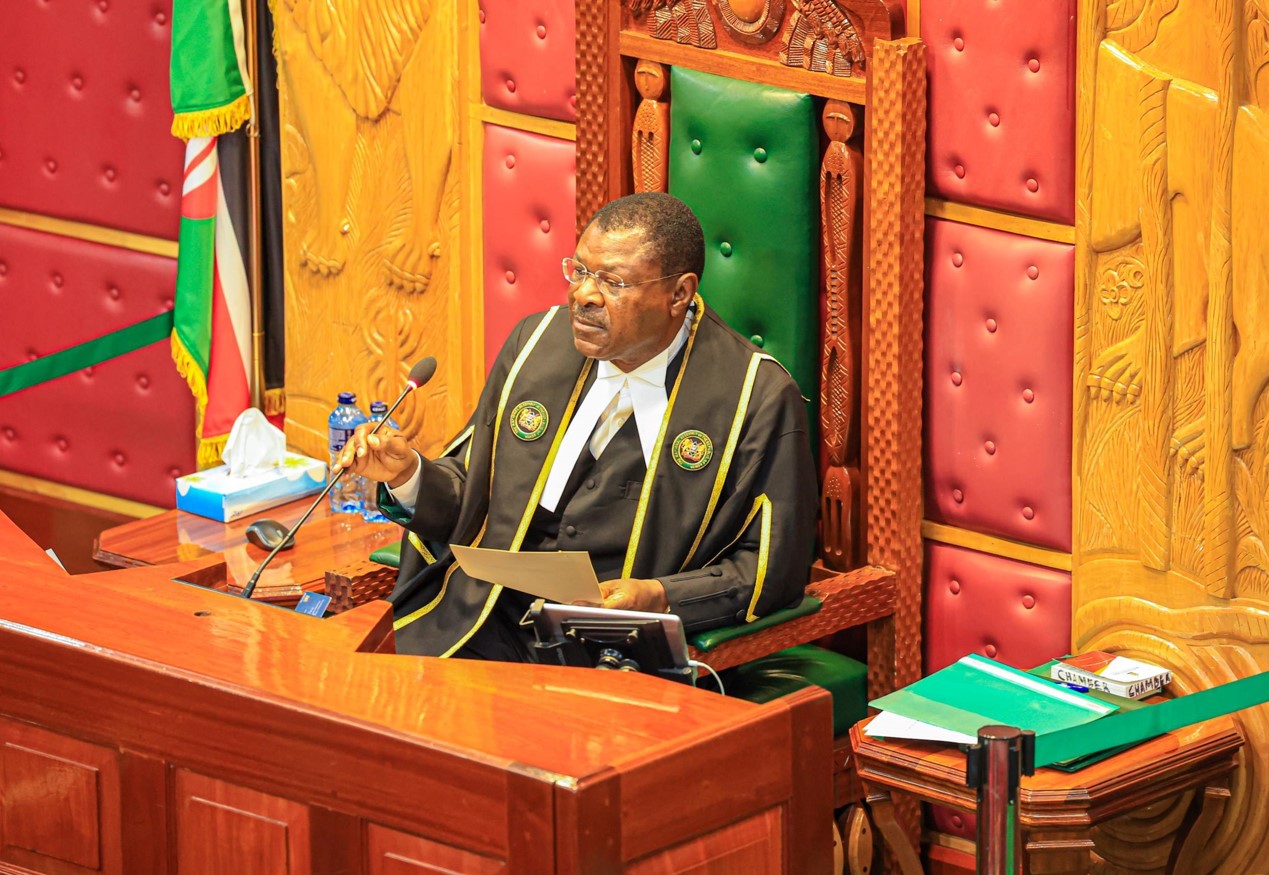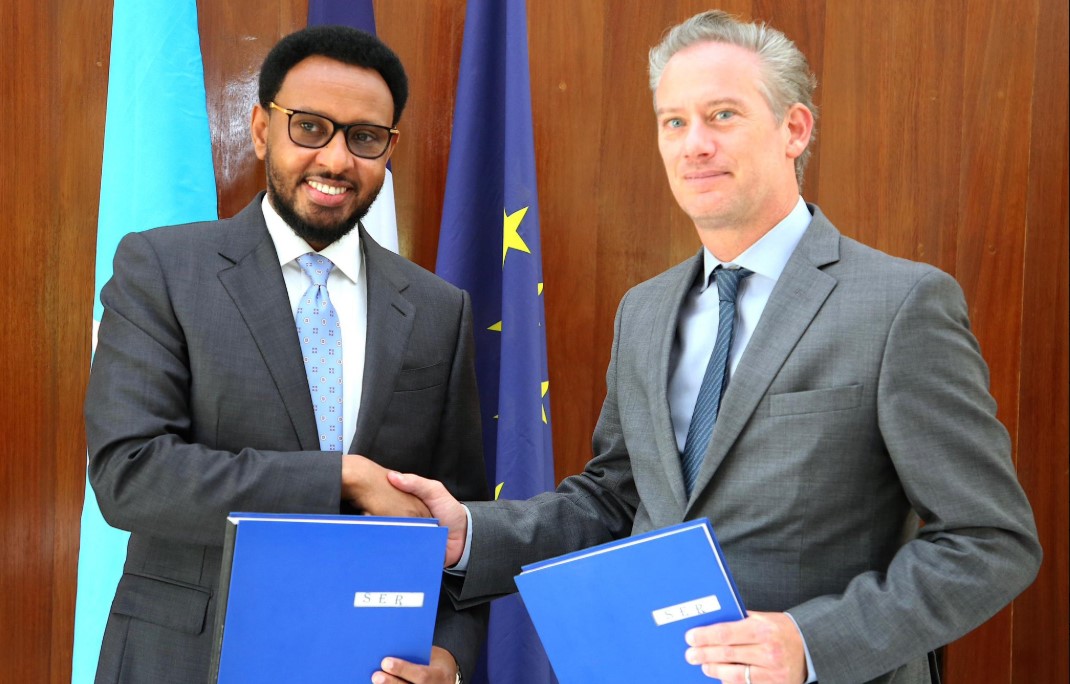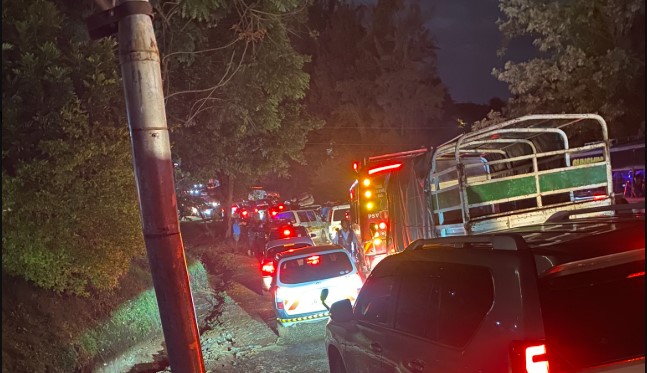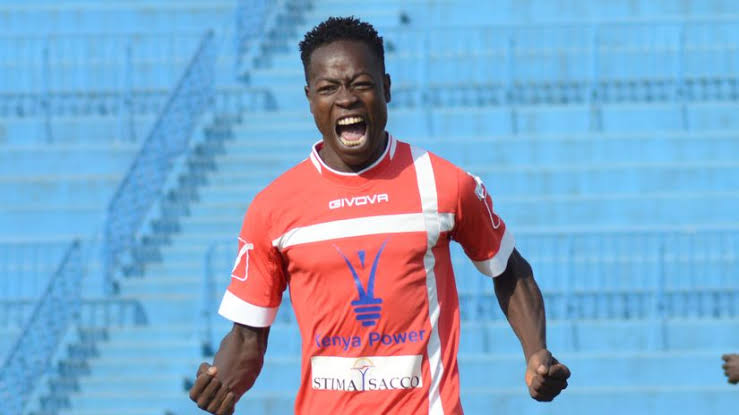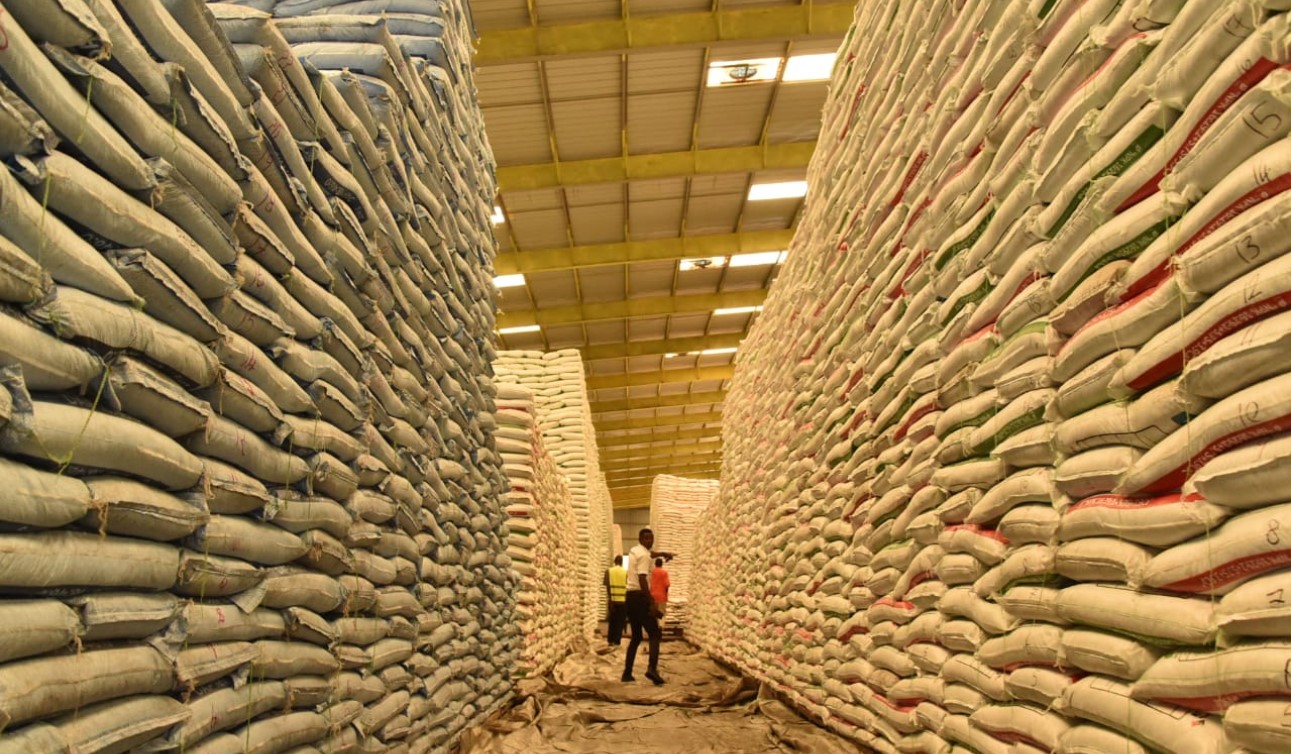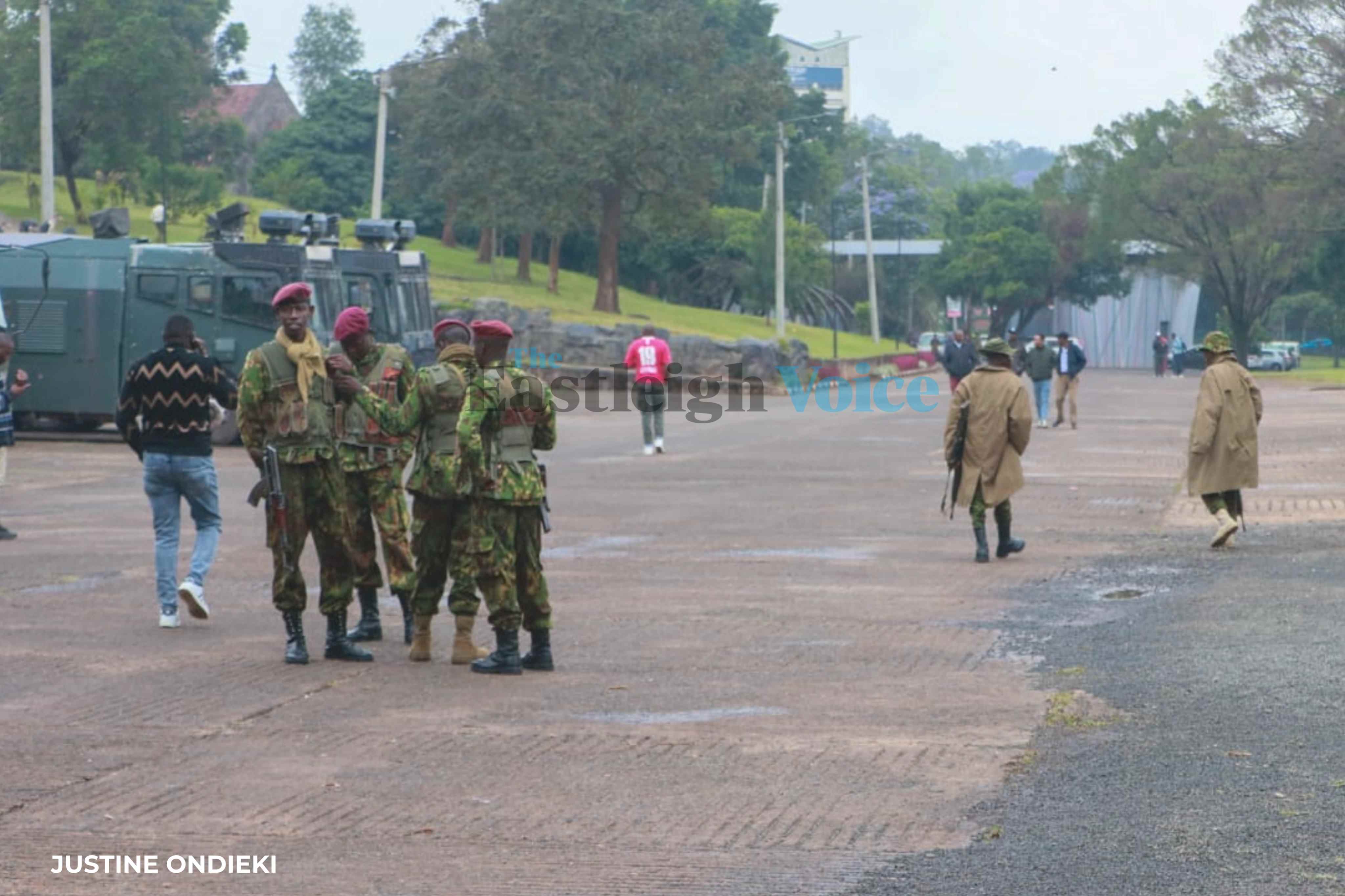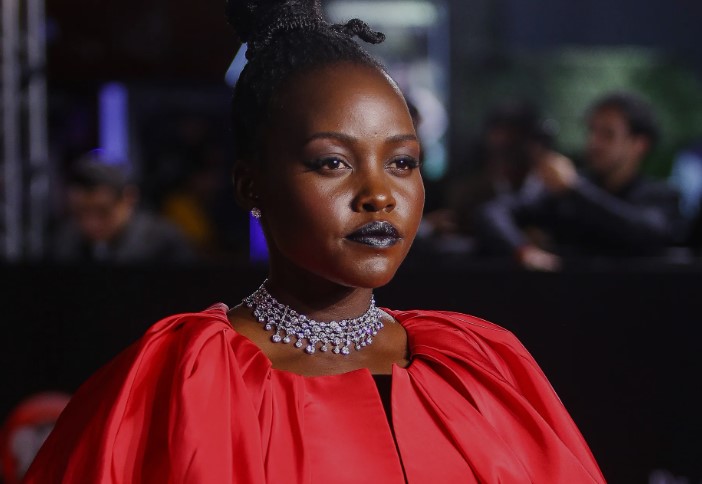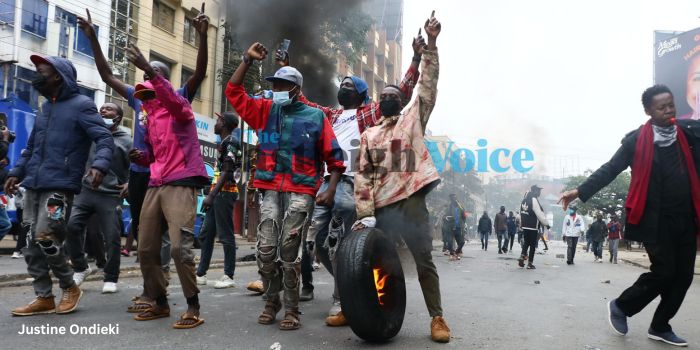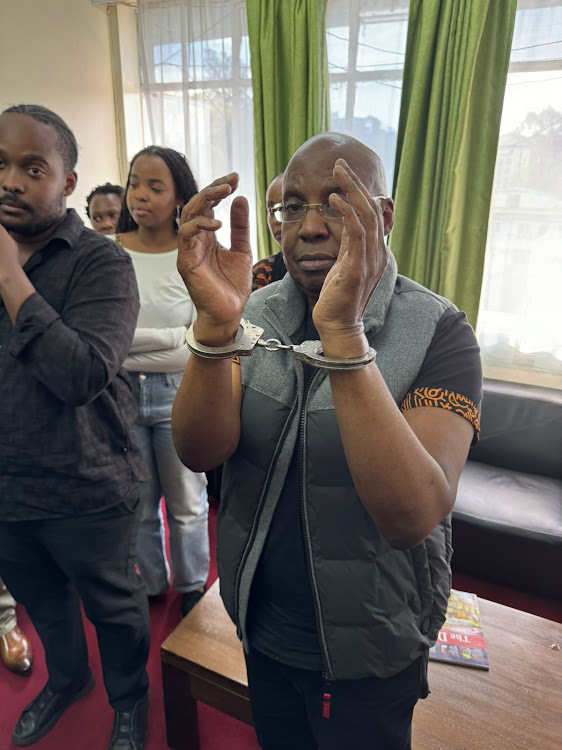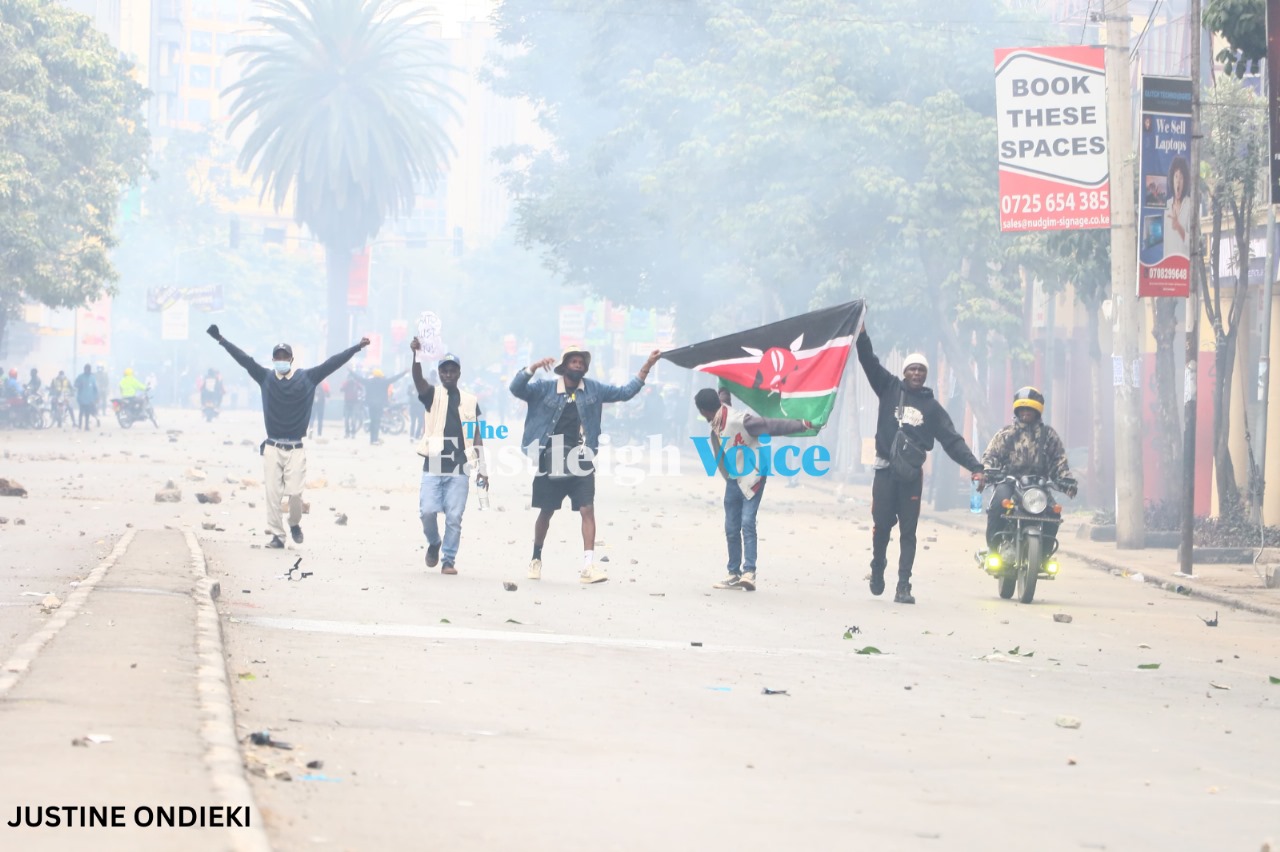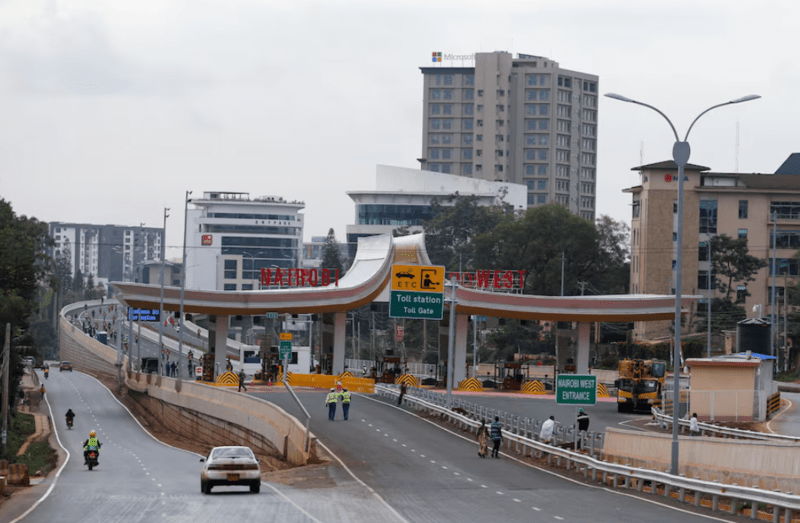Family of slain activist Hachalu Hundessa still awaits justice four years later
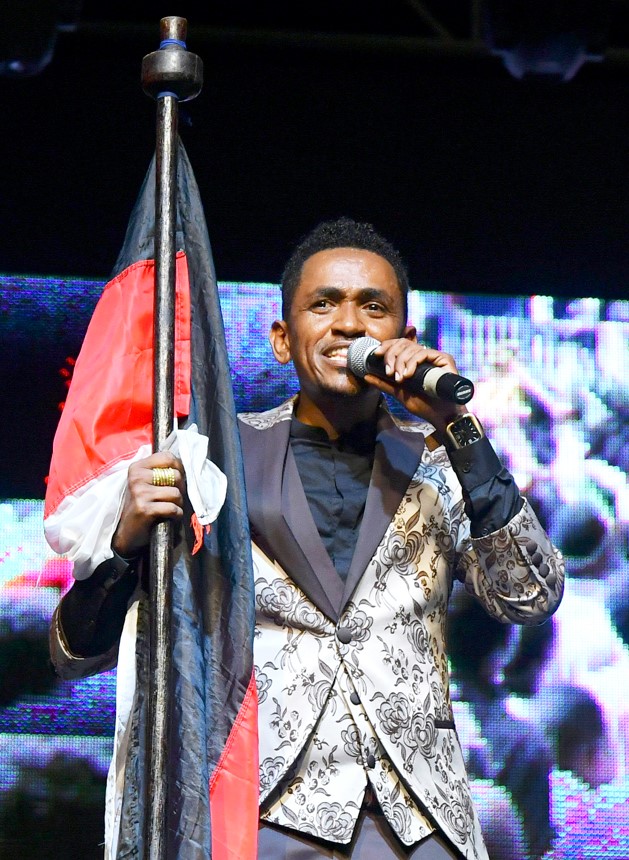
By Yassin Juma |
Hachalu rose to prominence during the prolonged 2015-2016 anti-government protests which forced Prime Minister Haile Desalegn to resign and Abiy Ahmed, also an Oromo, assumed office in 2018.
A disturbing silence engulfed the Ethiopian capital Addis Ababa on the night of June 29, 2020. Legendary Oromo musician and activist Hachalu Hundesssa’s life had been cut short by an assassin’s bullet at the city’s Gelans Condominium. He died shortly after he was admitted to Tirunesh Beijing General Hospital.
This was exactly one week after the iconic Oromo singer gave an explosive TV interview on Oromia Media Network (OMN) that was critical of the authorities and the emergence of the so-called neo-Neftegna propagators.
Keep reading
- Will al-Shabaab get stronger in Ethiopia? Two reasons why it’s unlikely – analyst
- Justice overdue for 2023 anti-govt protest abuses across Kenya
- Heightened security around Parliament, city roads closed ahead of Ruto's address
- KNHCR calls for sanctions against Interior Ministry, Police IG over GenZ protest abuses
“The idea of having Hachalu on my TV show was for him to clear the air regarding growing criticism by a section of the Oromo who claimed he had betrayed their cause and had received money from the government. He wanted to clear his name. Indeed, the interview did exactly that,” says journalist Guyo Wariyo.
When the assassination happened, I was visiting opposition leader Jawar Mohamed to shoot a documentary film for Al-Jazeeera and BBC Eye Africa on his life and that of other Oromo activists who had returned to Ethiopia from exile.
“Your friend has been shot dead. Jawar wants us all upstairs and all our phones off,” Sebit, a relative of the opposition leader broke the news to me.
Hachalu was among the people to be featured in my documentary.
When I went to Jawar’s bedroom to confirm the news, I found him in tears. He was making and receiving calls on the tragic news. The news of Hachalu's assassination shocked the entire nation of Ethiopia.
“They did not just kill Hachalu. They shot at the heart of the Oromo nation, once again. You can kill us, all of us, but you can never stop us. Never,” Jawar said.
Ethiopia would in the following three weeks be hit by a series of civil unrests in the Oromia region, sparked by the singer’s death. Addis Ababa, Shashemene, and Ambo were the most affected cities. At least 239 people died in the riots. More than 3000 people, mainly Oromo youth, activists, the Oromo opposition leaders Jawar, Bekele Gerba, and journalists, including myself, were arrested. I was incarcerated for four months at the Sostegna detention camp in Addis Ababa.
But just who was Hachalu, the singer whose death brought Ethiopia to a standstill?
Hachalu rose to prominence during the prolonged 2015-2016 anti-government protests which forced Prime Minister Haile Desalegn to resign and Abiy Ahmed, also an Oromo, assumed office in 2018.
The Ambo-born singer and activist had been at the forefront of the campaign by Oromos for self-rule and joined student groups calling for freedom while in high school. At the age of 17, he was imprisoned at Karchale Ambo Prison for five years for his political activities. His political activism intensified while he was in prison as he increased his knowledge about Ethiopia’s history, including its rule by the Abyssinian emperors. Interestingly it is while in prison that he developed his music skills.
“I did not know how to write lyrics and melodies until I was put behind bars. It is there that I learned it,” he said in 2017.
His hit album “Sanyii Mootti” (Race of the King) was released in 2009, one year after his release from prison, turning him into a music star in Ethiopia, the Ethiopian diaspora in Europe, North America, Australia, the Gulf, and in the Oromo speaking regions of Kenya — Moyale, Marsabit, Isiolo, Mandera and Tana River. He had become a symbol of Ethiopia’s largest ethnic group’s aspirations.
His songs focused on the rights of the country’s Oromo people and were used as anthems in the Oromo protests of 2015 to 2016 that led to the unexpected resignation of PM Haile in 2018.
It has been four years since Hachalu’s assassination, and his widow, Fantu Damisew, and Oromo activists are still demanding justice.
Last week at the Skylight Hotel in Addis Ababa, an emotional Fantu, who now chairs the Hachalu Hundessa Foundation, fought tears as she recited an Oromo poem in praise of her slain husband at the fourth Hachalu Hundesa Award on the day commemorating his assassination.
Lamtor Kamal, one of the four main suspects in the killing of Hachalu, was acquitted by a court in Addis Ababa. She was the last person to be seen with Hachalu when he was dropped at the Gelans condominium. At least four suspects of Hachalu’s assassination were released after a long court process.
“You all know his truth is not out. Pray for us in your respective religions,” Fantu told the audience on the Hachalu Hundessa Award night.
Her demands for justice were echoed in Nairobi last week when the Oromo community drawn from Eastleigh and its neighbourhoods gathered at the City Park to commemorate the fourth anniversary of Hachalu’s death.
Soreti Kadir, an Oromo activist and journalist who met and performed alongside Hachalu in his 2015 Minnesota tour, told The Eastleigh Voice at the Nairobi event that justice is not the arrest of the person who pulled the trigger, but the end of the political system he believes was responsible for the death of the musician and others before him who died in similar circumstances.
“Remembering Hachalu’s assassination is just one step towards justice for the Oromo people. It is crucial also to uncover and expose the individuals behind his killing and take measures to prevent future political assassinations,” US-based Ebba Abamurti told The Eastleigh Voice.
Hachalu’s influence in Oromo and Ethiopian politics was huge. Following his death, dissidents were silenced, formidable opposition forces and popular leaders jailed, political alternatives crashed and the media suppressed with journalists who last interviewed him being arrested. With no formidable opposition, the ruling Prosperity Party easily won the 2021 elections.
“Hachalu was polarising for Ethiopia at large. He was so likeable and his music so infectious that he was difficult to hate. But he was also an unrelentingly Oromo, unwilling to assimilate into the image that Ethiopia demands its subjects embody, using his platform to protest and speak the truth to power. I think eventually this and the fact that for the Oromo he was a unifying figure across regional religious divides meant the establishment wanted him dead than alive,” said activist Soreti Kadir.
Reader comments
Follow Us and Stay Connected!
We'd love for you to join our community and stay updated with our latest stories and updates. Follow us on our social media channels and be part of the conversation!
Let's stay connected and keep the dialogue going!


